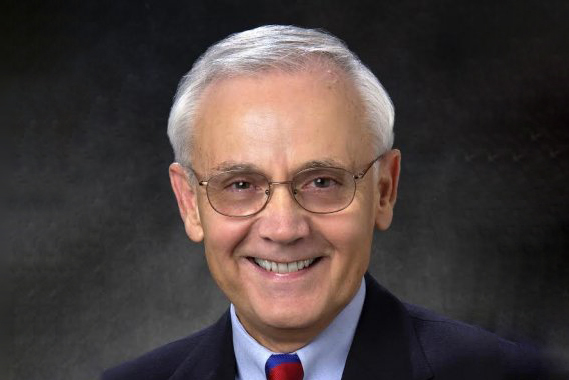 Lonnie King
Lonnie King
By Lonnie King, DVM, MS, MPA, Diplomate ACVPM, Ohio State’s College of Veterinary Medicine dean emeritus and GOHi board member.
Today’s world is complex, rapidly changing and progressively more interconnected. The convergence of humans, animals and the environment has created a new dynamic characterized by a profound and unprecedented interdependence in which the health of all three domains is inextricably linked and elaborately connected. These experiences offer helpful applications to rethink and redesign sustainable capacity building programs to ensure that the world is better prepared to prevent, control and respond to future pandemics.
A group of critical drivers have developed and intersected over the last few decades creating dynamic and entangled spatial and temporal webs leading to new vulnerabilities and threats to our health worldwide.
These drivers are mostly anthropogenic and have catalyzed a rapidly growing group of emerging and reemerging diseases in people, animals, plants and ecosystems. The drivers include globalization, economic development and changing land use, human demographics and growth, technology, poverty and the breakdown of both human and animal health infrastructures.
The scale and complexity of today’s global health challenges demand that animal and public health officials and researchers move beyond the confines of their disciplines and professions and work in collaborative networks. A common factor in the emergence and reemergence of these diseases is that past approaches to prevent and manage them have proven less and less effective.
These complex and connected challenges to health are termed “wicked” problems and demand new thinking and actions. Traditional isolated and siloed processes and interventions need to be replaced by holistic, integrated and multidisciplinary approaches that focus more on preventing and addressing problems closer to their origins – often in animals and our ecosystems. This transformative approach is the essence of One Health.
The COVID-19 pandemic, the third zoonotic coronavirus outbreak just in this century, has made it readily apparent that we need to rethink and reimagine our ability to better prepare, respond and recover from this pandemic and the next pandemics that are sure to follow.
There is nothing on the horizon that is reducing the impact of these drivers or threat of future outbreaks. The human-animal-environmental interfaces are intensifying, accelerating and becoming more consequential.